By: Otago Daily Times.
A family is sitting at the kitchen table, the children eating breakfast as their parents ruminate over a classified advertisement published in the morning’s Otago Daily Times.
The notice calls for nominations for election to the local school’s board of trustees. Also on the table, the latest school newsletter urges parents to have a crack at school governance.
«I’d love to have more to do with the kids’ education,» Mum says as she sips her breakfast tea. «Imagine it, not just helping with homework, but having a lasting impact on their education.»
Dad pushes the newspaper back toward Mum. «Nah, forget about it. It’s not really about education – you need to know about building and construction and contracts. It’s not like it used to be.»
The newsletter makes its way to the recycling bin. A few weeks later, a new edition lists the candidates. There are just enough to fill the positions. Mum’s name is not there.
The Tomorrow’s Schools education reforms were supposed to give parents a bigger say in the processes that shaped the way their child’s school worked and grew.
Parent-led boards employed teachers and principals; they were responsible for school property and maintenance; they consulted on school zoning and they tackled disputes.
Justifiably, they saw their work as having a bearing on how their schools performed as institutions, and on their «unique» character.
The extent to which this was true varied between schools and communities. Some managed their workload while others struggled – and their schools with them. About 2500 boards were, individually, doing their own thing.
In some cities, they enabled environments in which schools competed for students and achievement. Naturally, they wanted the best for their schools, and for their schools to be the best.
It meant there were winners – schools that became known for scholastic and sporting achievement – and those that, no matter the intervention, were always playing catch-up.
Successive governments acknowledged the divide by providing guidance for and, in the most trying circumstances, directly managing struggling boards.
The decile system, in which socio-economic factors help determine funding, was supposed to help resource schools to a point where they could «compete» with others.
But time and again, boards – parents – were consumed by matters that had little to do with what was happening, or could influence what happened, in the classroom.
School property provision and maintenance tested boards as school rolls grew. The Ministry of Education paid for the work, but the boards were always intimately, time-consumingly, involved.
The workload was significantly astray of what many parents were equipped for. A reset has been needed for many years and that it came with the Tomorrow’s Schools Review Taskforce report is welcome.
Among the responses outlined by Education Minister Chris Hipkins was that most school property management should be simplified or transferred to his ministry.
That would allow for economies of scale and group procurement but would come, so Mr Hipkins says, with the expectation communities continued to have a say on how their schools grow.
There may be some unease as to what this may mean for local people contracted by local boards, but Mr Hipkins says his ministry must consult and collaborate as the shift happens.
A new Education Support Agency would provide guidance for managers and governors while assuming responsibility for reviewing and approving enrolment schemes.
The impact of this will be keenly considered by boards in our larger centres, particularly where they have «taken care» to ensure the boundaries reflect their «community of interest».
Compulsory training for board members will also be considered. Given the budgets and responsibilities boards have, that it has not been compulsory before now remains remarkable.
News of the recommendations has been met with optimism from some but the challenge remains for the ministry to ensure the changes are implemented better than other major reforms have been before them.
The ministry must move from enforcer to collaborator, just as schools will be further encouraged to work together. The best result will be that educational environments and outcomes are enhanced. And, perhaps, fewer election notices will be consigned to the rubbish bin.
Source of the article: https://www.odt.co.nz/opinion/editorial/education-review-offers-opportunities
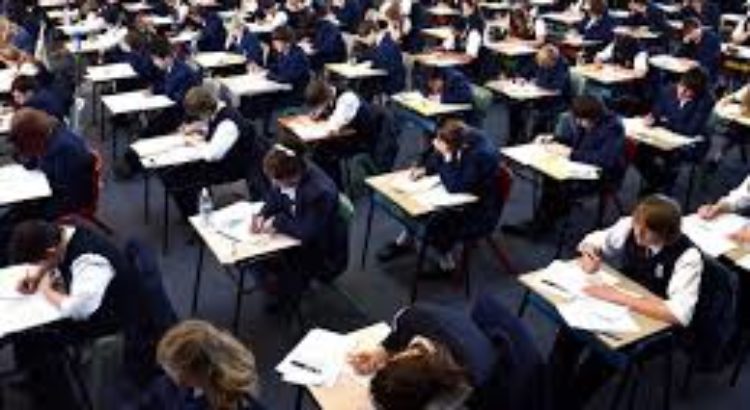
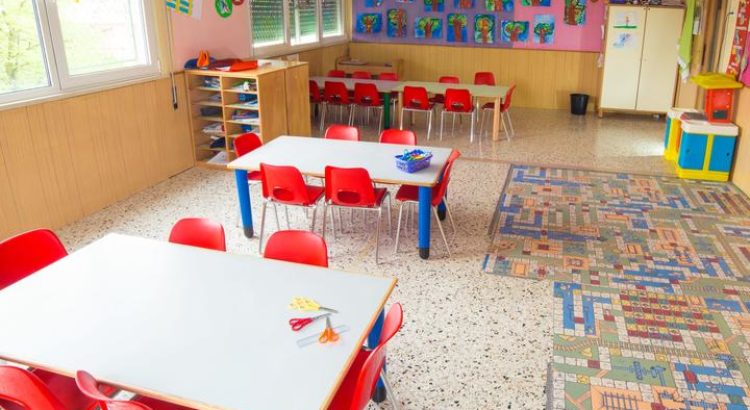
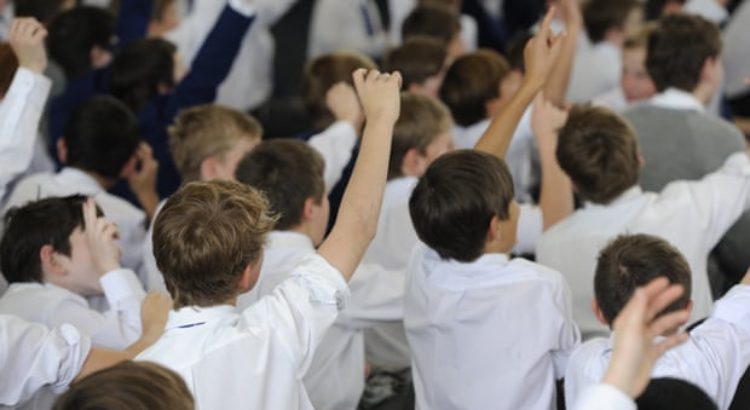
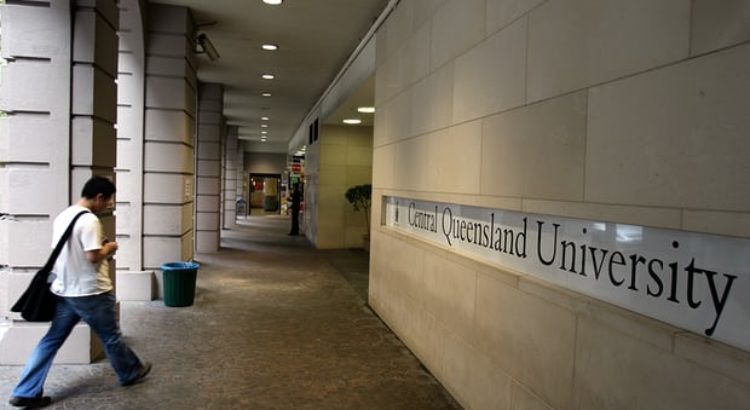
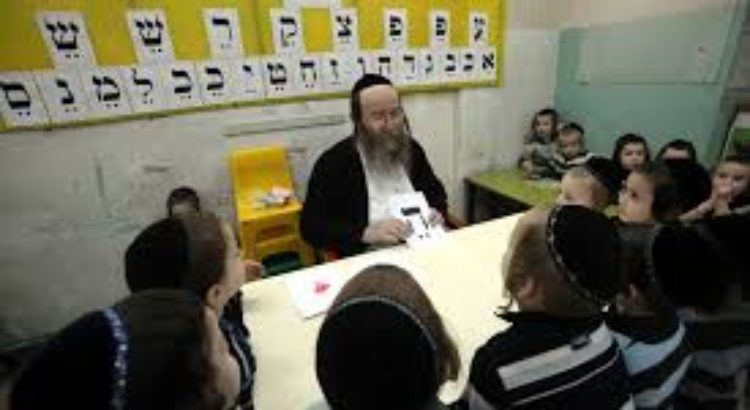
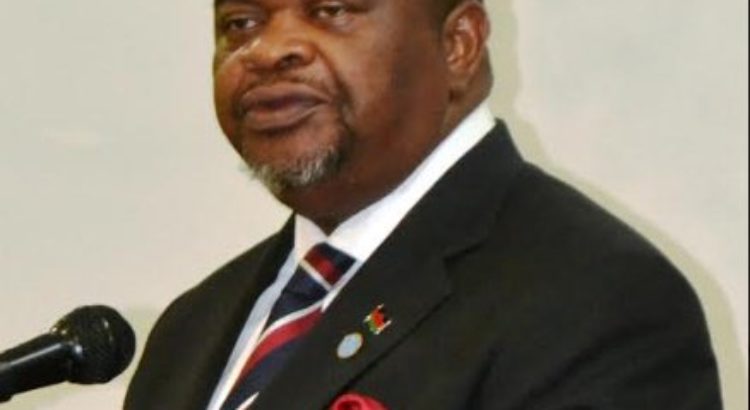
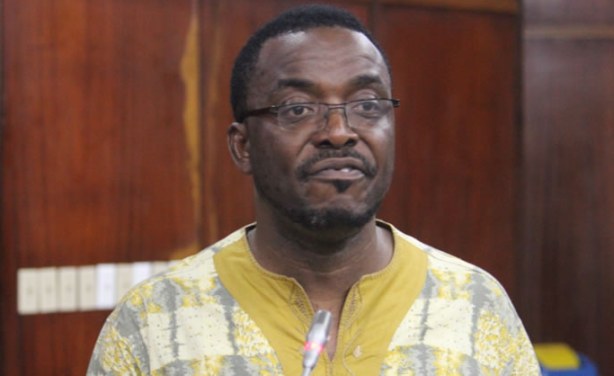





 Users Today : 58
Users Today : 58 Total Users : 35459524
Total Users : 35459524 Views Today : 86
Views Today : 86 Total views : 3417844
Total views : 3417844